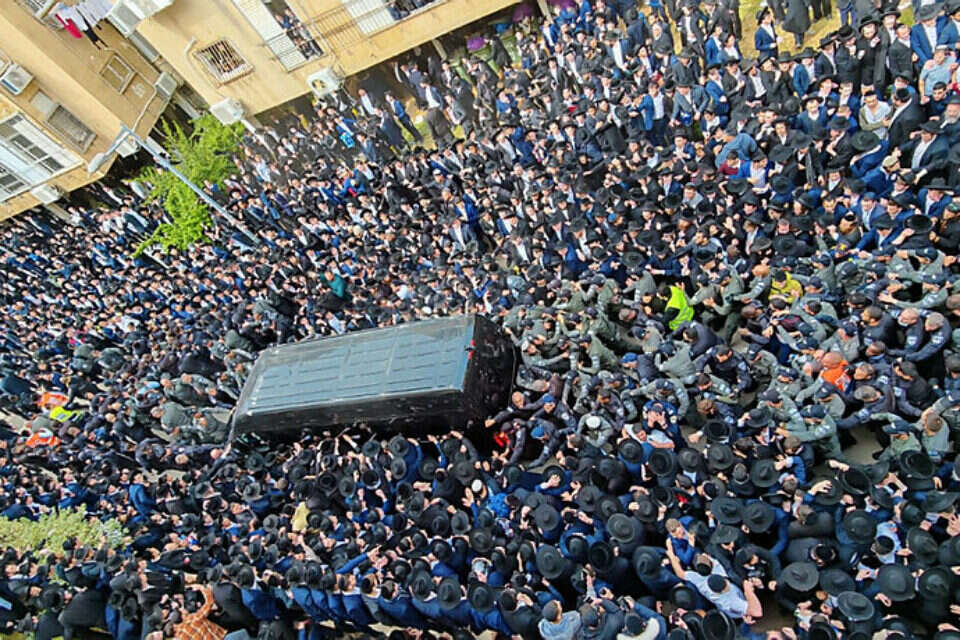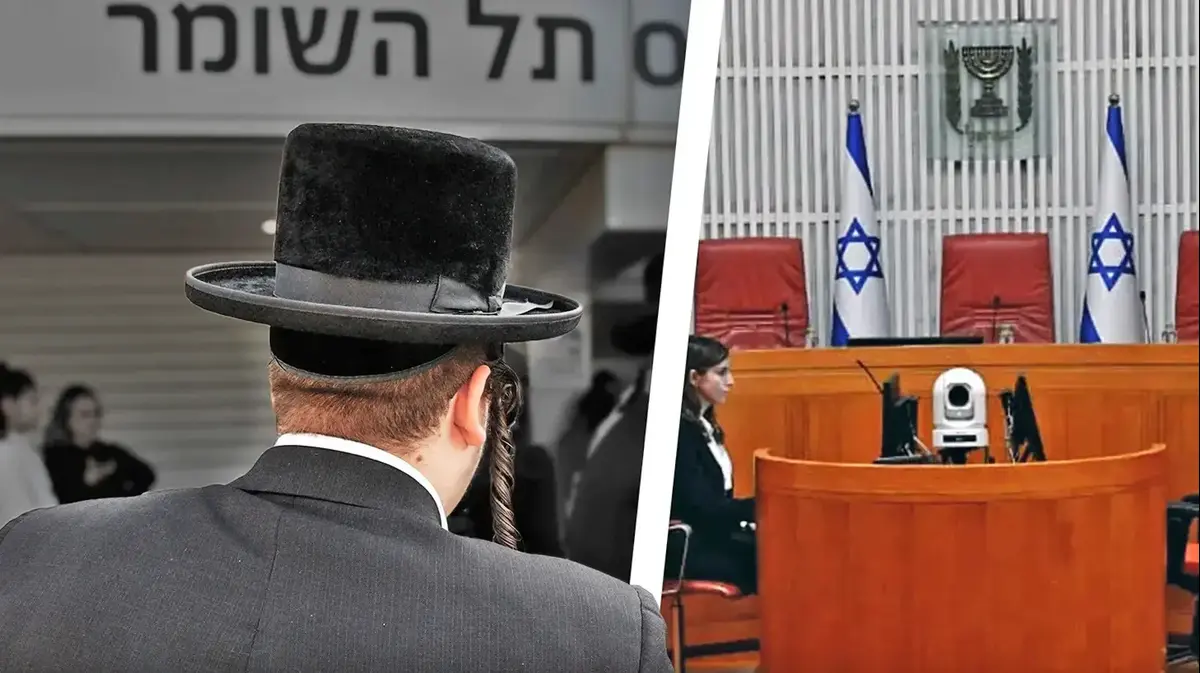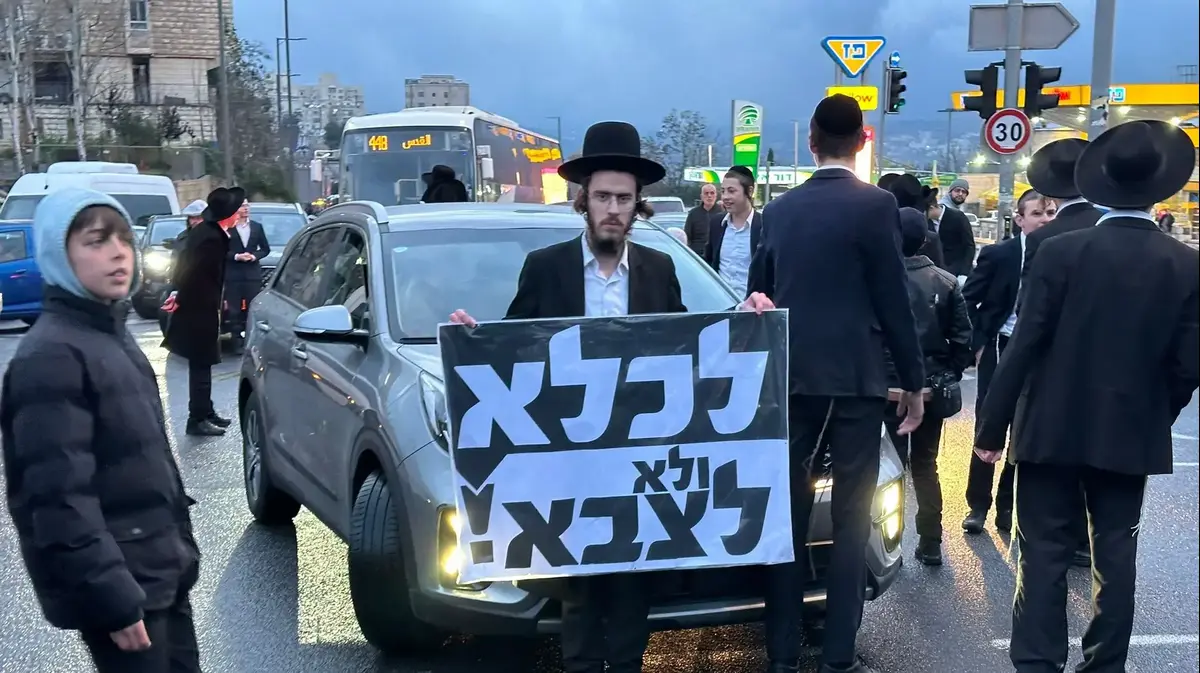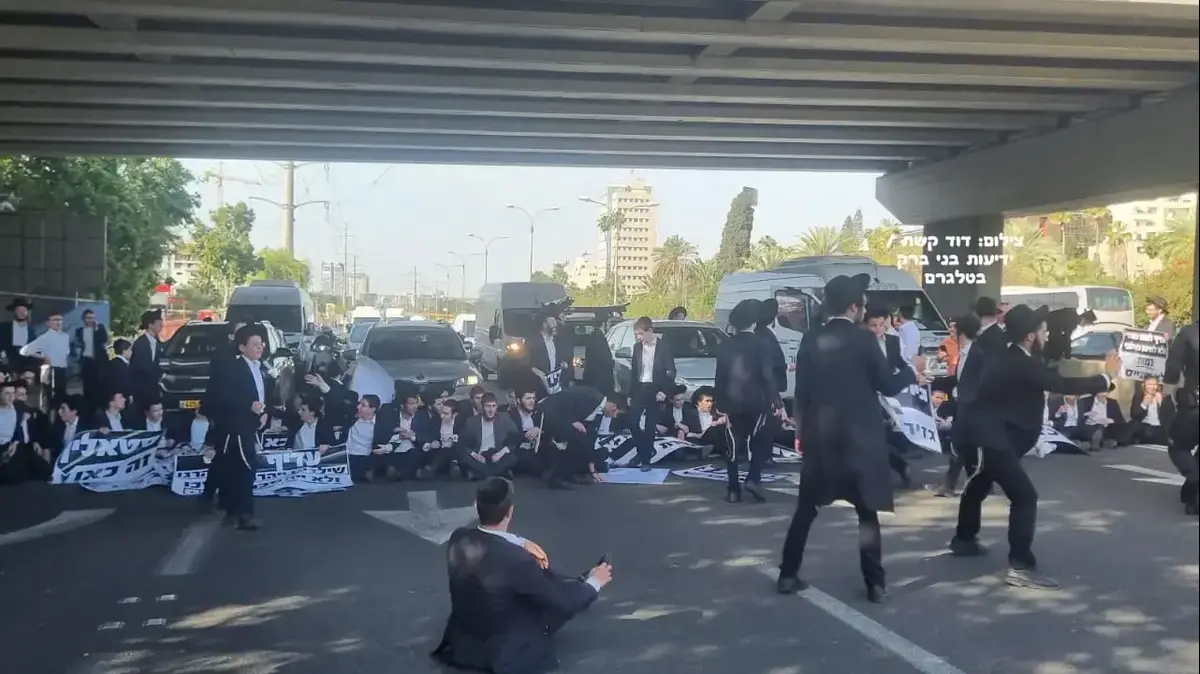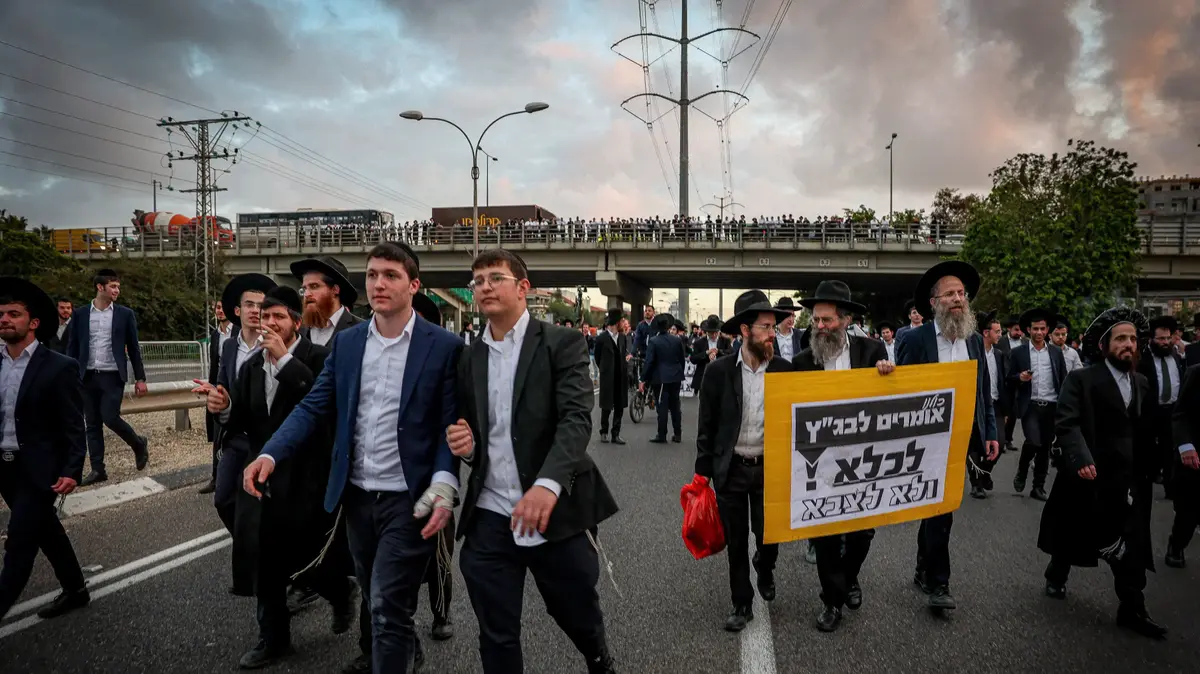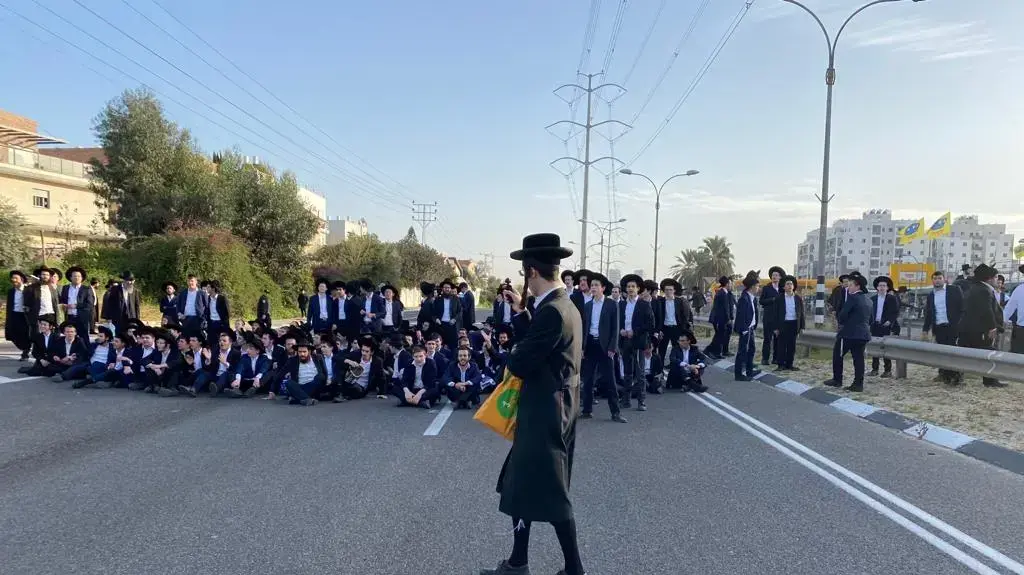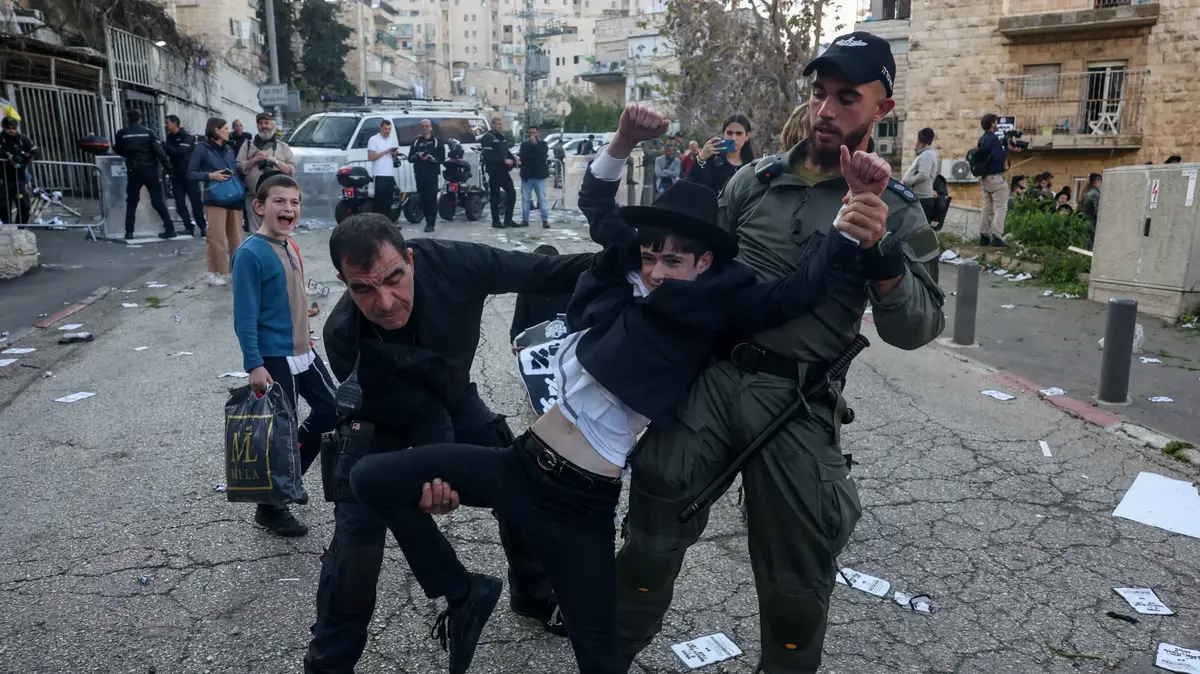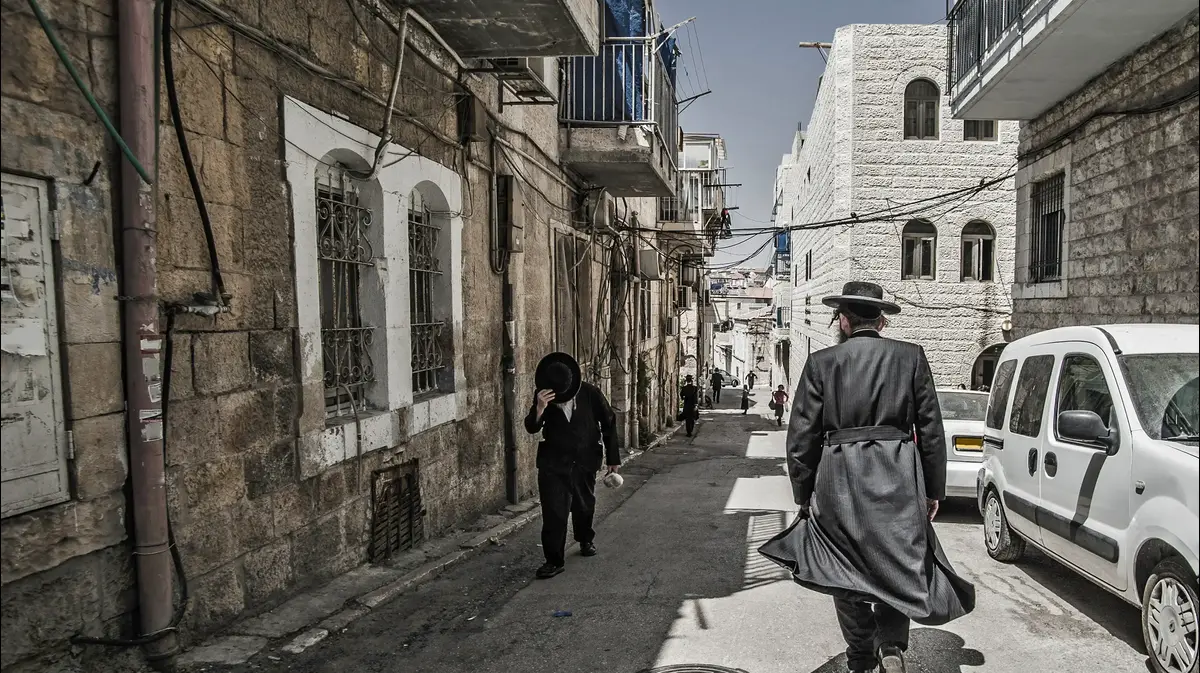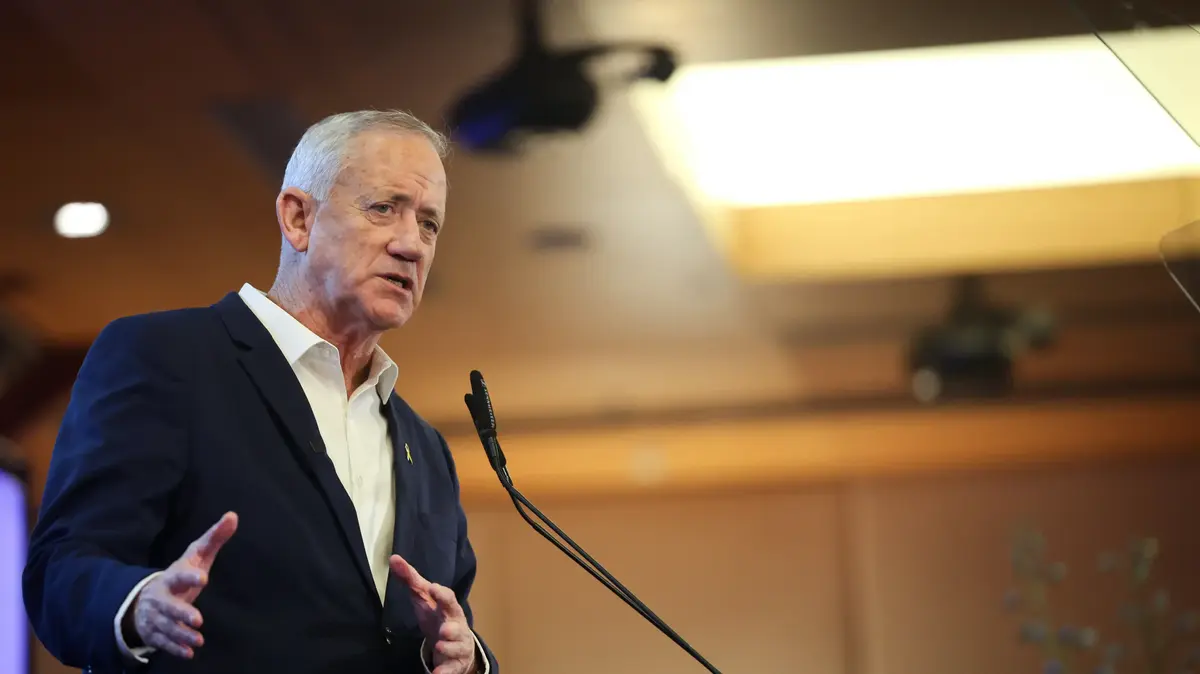Once every few years, the secular state of Israel rediscovers, usually out of necessity, the fact that it includes a huge ultra-Orthodox sector with a different cultural and social agenda.
Unfortunately for all of us, these revelations are usually reduced to large funerals of the ultra-Orthodox public leaders, as happened earlier this week with the farewell of the late Rabbi Kanievsky, because the rest of the time ultra-Orthodox society does not compete for political prominence and public visibility. In elections, but the ultra-Orthodox leadership simply ignores the need to create a comprehensive culture for Israeli society.
The ultra-Orthodox Knesset members, inspired by the heads of the yeshivas and the greats of the generation, prefer to allow the secular kingdom almost complete freedom of action, provided that the delicate balance in which there is a possibility of separate existence is maintained.
The voice of the ultra-Orthodox MKs, who have a lot of experience, was not heard on questions such as inflation, theater, cinema, US-Israel relations and even on the subject of Ukraine and its refugees.
True, many ultra-Orthodox work within secular society, there are also ultra-Orthodox businessmen, but it seems that this work is a kind of necessity of life and not really taking part in Israeliness.
In fact, the current ultra-Orthodox does not care if he works in New York or in Israel: in both cases he is in a kind of conscious exile and a deep detachment from the environment in which he lives.
Even on the secular side of the equation, this arrangement is very convenient.
For most of the year, the State of Israel looks like a supremely Western state and its traditional ultra-Orthodox face, as well as its Arab face, is invisible.
Thus a Western elitist minority, very liberal, continues to live in a kind of self-illusion that is the majority in the country;
That the State of Tel Aviv is the real face of Israel.
This is how the Supreme Court can rule, that the introduction of chametz into the IDF should be allowed during Passover and the world does not tremble. In fact, when an average ultra-Orthodox has to litigate against an injustice done to him by another ultra-Orthodox, he will go to an internal rabbinical court within his community. In retrospect.
Seemingly, this is a convenient arrangement.
There are three or four communities in Israel that seem to live in the same country but with almost complete autonomy.
The high separation between the communities seemingly makes it outwardly easier for all of us to live here.
But the truth is that this is a sick evil.
why?
First and foremost, because in my opinion the state is not a detached collection of cantons but one overall entity, which manages the company together in an internal dialogue and within one agreed-out policy.
True, it is cumbersome to make decisions, leading to uncomplicated compromises in the core areas of our lives, but this is the true essence of having a heterogeneous and decentralized society like Israeli society.
In any case, the very fact that large publics in Israeli society simply do not accept responsibility for life here constitutes an undermining not only under the Zionist ethos but under the very existence of the State of Israel as a single entity.
Second, the fact that apparently up to 40% of Israeli society simply live in a parallel universe detracts from the validity of any political decision made in the country.
And although the ultra-Orthodox and the Arabs participate in the elections, democracy is the rule of the people and not the rule of part of the people, and as long as the ultra-Orthodox world and Arab society are not at stake, Israel is not a complete democracy.
At this point the question arises as to what can be done.
After all, the Arab minority, rightly so, finds it difficult to see itself as really part of the State of Israel, while the ultra-Orthodox minority does not really want a state, did not really dream of establishing one in the country, and could have remained under the British or Ottoman Empire.
It is possible and necessary to demand the distribution of a burden, de facto if not de jura.
That is, to oblige, not by coercion but by the creation of norms, the ultra-Orthodox to be at the core of responsibility for our existence here.
We must demand and establish a reality in which in every government ministry, in every governmental body there will be representatives of the ultra-Orthodox minority, who will take part in making all the decisions and not just those that concern their community.
This, of course, will require not giving up on them and not giving up on ourselves for real equality in the burden of decision-making also in the areas of economics, education, security and all the procedures of Israeli society.
For example, to demand more ultra-Orthodox ministers, more heads of ultra-Orthodox committees on non-sectoral issues.
It's time to say to the ultra-Orthodox: You are here!
So take part in the government with us, take part in responsibility.
It may not change their view of the state, but it will certainly make the State of Israel truly the state of all its citizens.
Were we wrong?
Fixed!
If you found an error in the article, we'll be happy for you to share it with us

